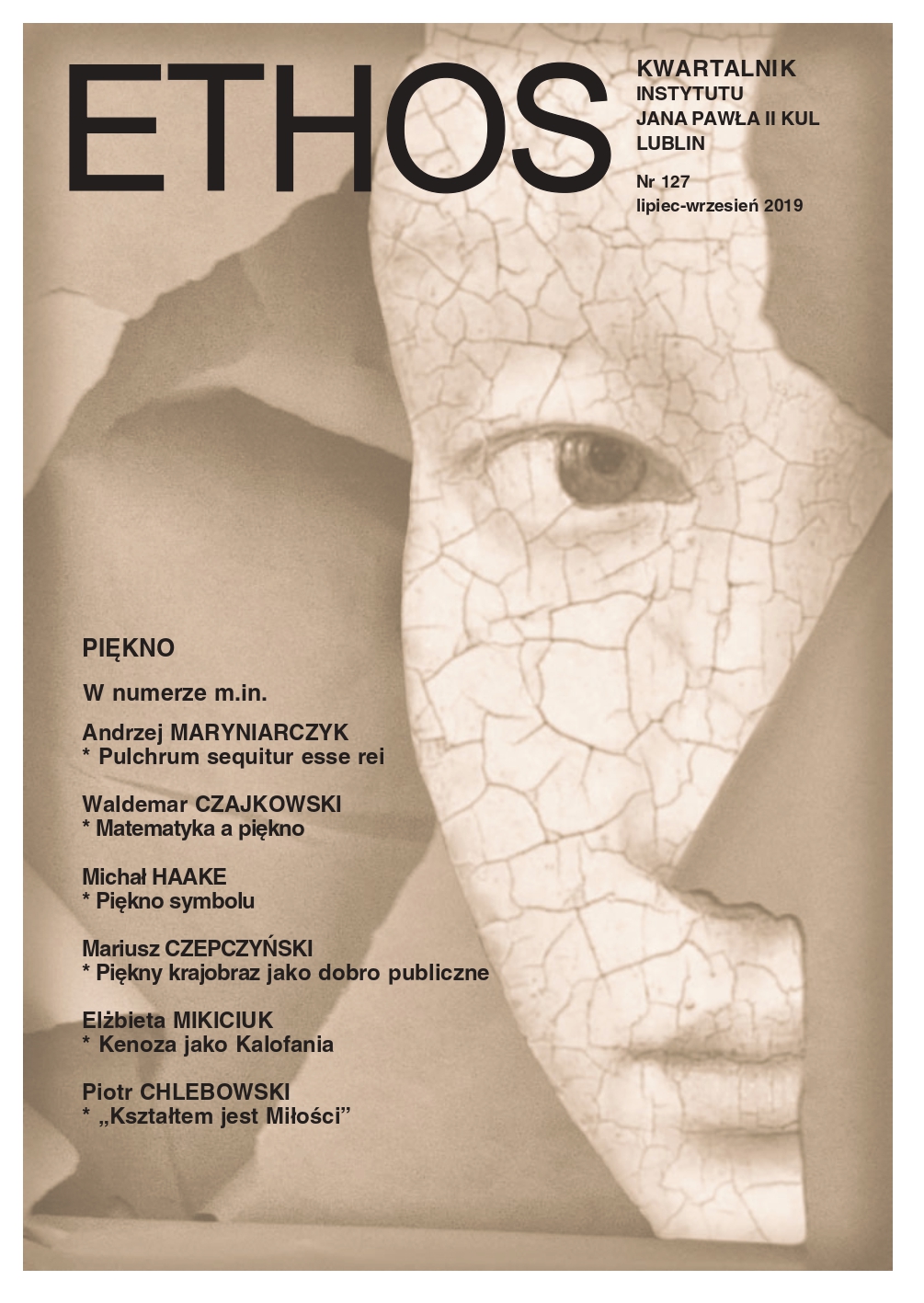PIĘKNO W UPOLITYCZNIONYM ŚWIECIE. Przypadek twórców samorodnych
BEAUTY IN A POLITICIZED WORLD: The Case of the Creators of art brut
Author(s): Agnieszka Doda-WyszyńskaSubject(s): Visual Arts, Ethics / Practical Philosophy, Aesthetics, Sociology of Culture, Sociology of Art, History of Art
Published by: Katolicki Uniwersytet Lubelski Jana Pawła II - Instytut Jana Pawła II, Wydział Filozofii
Keywords: art brut; kitsch; author; values; beauty; philistinism; myth;
Summary/Abstract: According to Geert Hofstede and Gert Jan Hofstede, cultural heroes (e.g. artists) provide a personalized link between symbols and rituals in culture. This article assumes that ‘heroes,’ for instance creators of art brut, embody important choices of life values. The French term art brut, meaning ‘raw art,’ or ‘rough art,’ was created by the French artist Jean Dubuffet to describe art created outside the boundaries of mainstream culture. Art brut is a unique phenomenon appealing in particular to those who accept a special responsibility for the artifacts thus created. Today, all the shapes of virtue (embraced by truth, goodness, and beauty) are corollary of a consensus, that is, they establish a comparative measure of things and of people. Only art, provided it is not kitsch, escapes this new form of power. Hermann Broch reanchors the value of beauty in the metaphysical realm and puts it in the center of the aesthetic discourse. Within Kantian aesthetics, imagination is analyzed as related to the pure forms of time and space, and the scheme this analysis renders is considered as the model for understanding art. However, Jacques Rancière warns against extrapolating this paradigm onto “politicized” thinking, in particular by means of the media which use emotional images and evoke certain sentiments in order to justify individual opinions without appealing to the imagination. Social stratification, which is a mark of the modern (philistine and bourgeoise) society, excludes certain individuals (for instance, certain artists) from public discourse, or even removes them from the public horizon. Currently, we witness gradual disappearance of axiological considerations combining ethics with aesthetics and linking the value of the good to that of beauty. Ethical and human values, such as those inherent in the Decalogue, are still recognized, but they are no longer considered as binding: rather, they are privatized and perceived as relative to particular historical circumstances, which, in turn, are relativized by the humanities, as well as by the social sciences.
Journal: Ethos. Kwartalnik Instytutu Jana Pawła II KUL
- Issue Year: 32/2019
- Issue No: 3
- Page Range: 154-175
- Page Count: 22
- Language: Polish
- Content File-PDF

